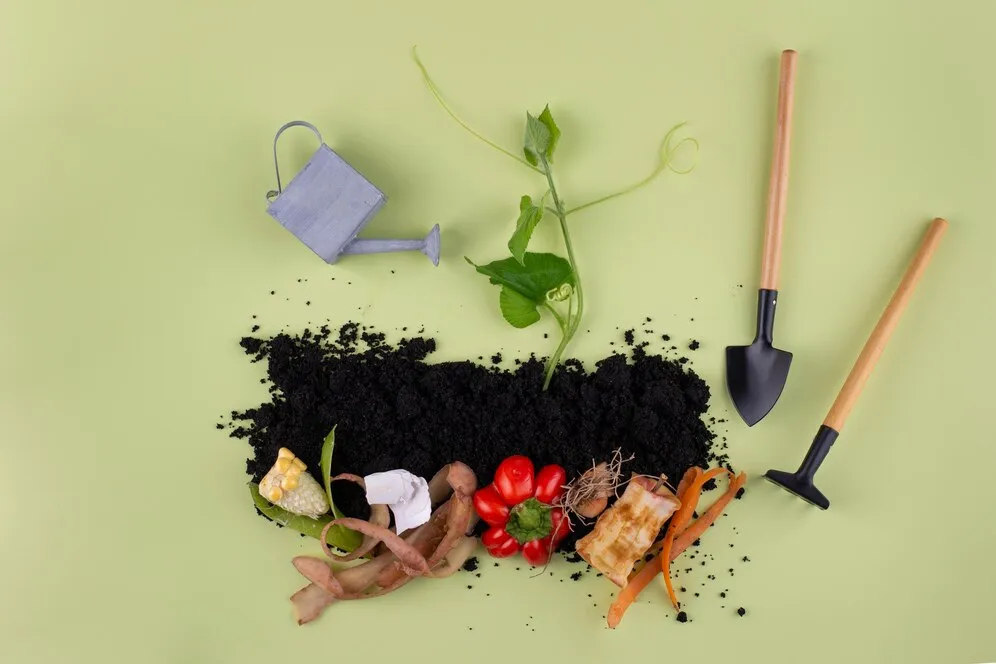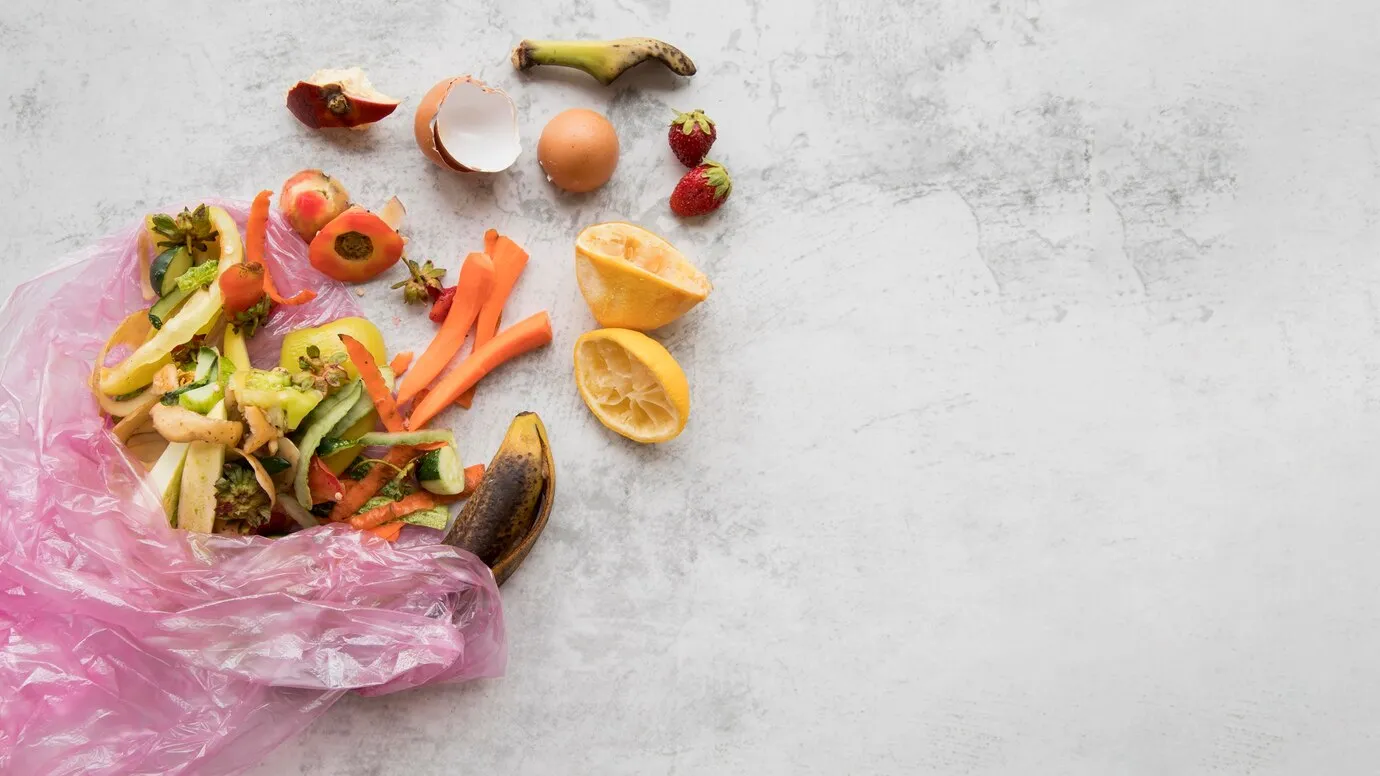Smart Planning to Minimize Waste
Real-time Inventory Control
A key pillar for reducing waste in any restaurant is proper inventory management. This not only helps avoid over-purchasing food that later expires without being used, but also optimizes cash flow by not storing unnecessary products. Implementing advanced technology, such as inventory management software, allows demand forecasting and order adjustments based on real needs.
With real-time tracking, you can avoid buying excess fruit and make better use of fresh
ingredients like oranges or lemons for your juicers.
Maximizing Fruit Use with Efficient Juicers
This is where Zummo juicers become an essential tool. These juicers not only allow for more efficient use of fruits but also minimize waste by extracting juice from each piece to the
maximum. Thanks to the patented EVS squeezing system, the juice from fruits is optimized, significantly reducing the leftovers that end up in the trash.
These machines not only improve profitability but also offer customers fresh and natural juices, promoting healthy and sustainable consumption.

Active Customer Involvement to Reduce Waste
Offering Appropriate Portion Sizes
One of the main causes of waste in restaurants is that customers often leave food on their plates. Offering different portion sizes and giving diners personalized options is an effective way to address this. Additionally, using POS (Point of Sale) systems that track customers’
previous habits allows for suggesting appropriate portions based on their appetite, reducing waste.
Encouraging Responsible Consumption with Benefits
Restaurants can educate their customers to order only what they will consume or encourage them to take home leftovers. Something as simple as offering discounts or loyalty programs for sustainable behaviors, such as taking leftover juice in a recyclable container or bringing home unfinished bottles of wine, can significantly reduce food waste.
Spanish Legislation on Food Waste
In Spain, the Law on the Prevention of Food Loss and Waste sets mandatory measures to reduce food waste throughout the food chain. This regulation aligns with the UN's
Sustainable Development Goals (SDGs), which aim to reduce global food waste by 50% by 2030, including waste in retail and households.
At the national level, Spain has set a more specific target of reducing food waste by 20% across the entire food chain by 2030. The law requires restaurants and hospitality
establishments to develop waste prevention plans, identifying areas where losses occur and proposing solutions. Additionally, restaurants must prioritize donating food suitable for human consumption, collaborate with food banks, and offer customers the option to take home uneaten food in recyclable containers.
Failure to comply with these measures can lead to fines ranging from €2,000 to €500,000,
depending on the severity of the violation, highlighting the importance of implementing good
food management practices.
Reusing and Donating Surplus Food

Donating Unused Food
An excellent way to reduce waste and improve the restaurant's reputation is by donating unused food that is still suitable for consumption. Many charitable organizations accept fruits and other foods that may not have been sold. This practice not only reduces waste but can also provide tax benefits to the restaurant and improve its image with customers concerned about social impact.
Composting Organic Waste
For those inevitable fruit and vegetable scraps generated by juicers, composting is a sustainable solution. Turning waste into compost reduces the amount of waste going to
landfills and simultaneously contributes to sustainable agriculture. Establishing a composting system within the restaurant is an easy-to-implement and highly beneficial practice for the environment.

Training and Staff Commitment
Kitchen Training to Maximize Ingredients
Reducing waste starts in the kitchen. Training staff to use efficient techniques that maximize ingredient use is crucial. In the case of fruits for juices, proper use of Zummo juicers ensures maximum utilization. Additionally, regular training on reusing ingredients and tracking leftovers can significantly reduce the waste generated during meal preparation.

Periodic Tracking and Audits
Conducting periodic audits of waste allows restaurants to identify areas where the most waste is generated and adjust reduction strategies accordingly. This ensures constant
control and allows for continuous optimization of sustainable practices within the restaurant.




